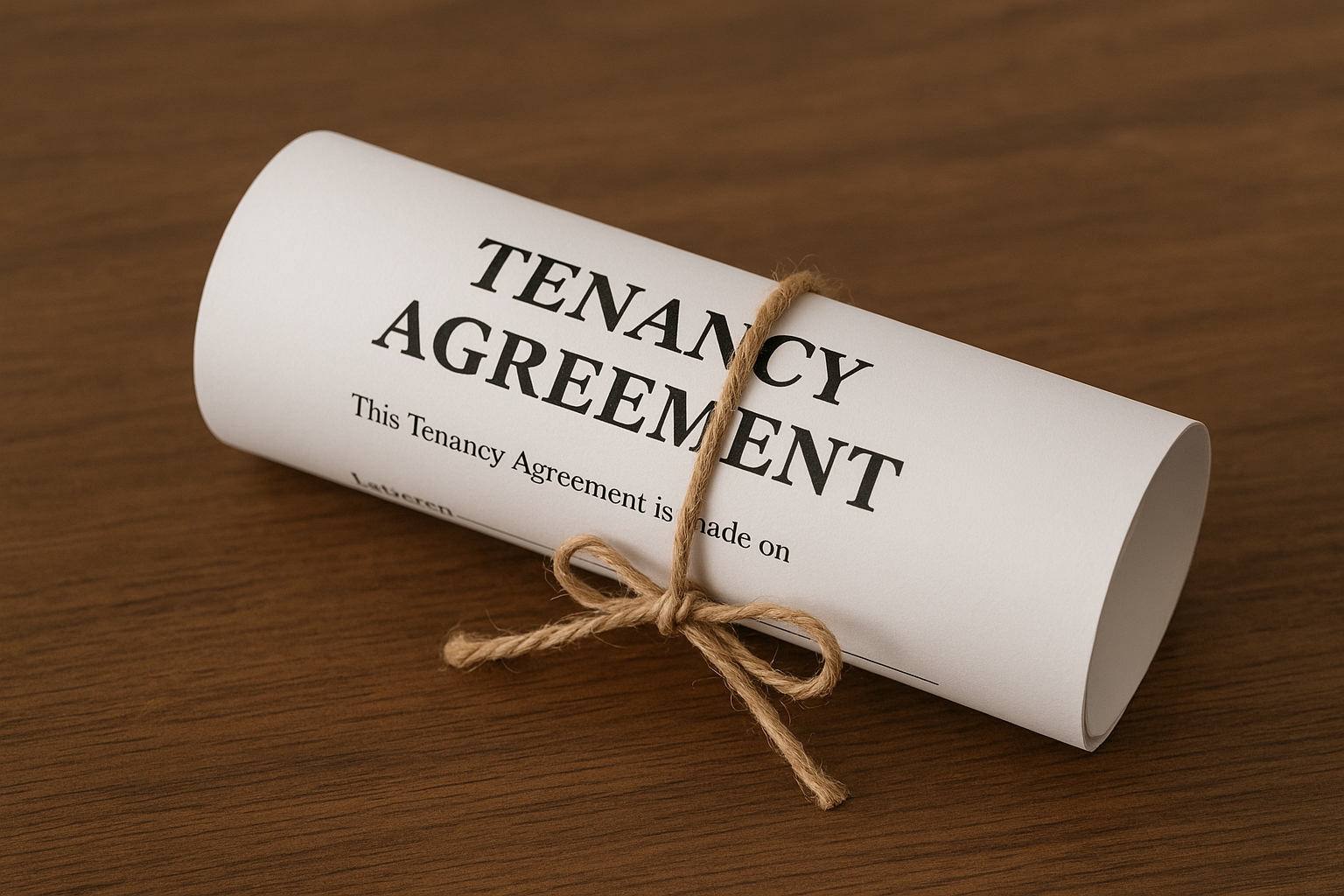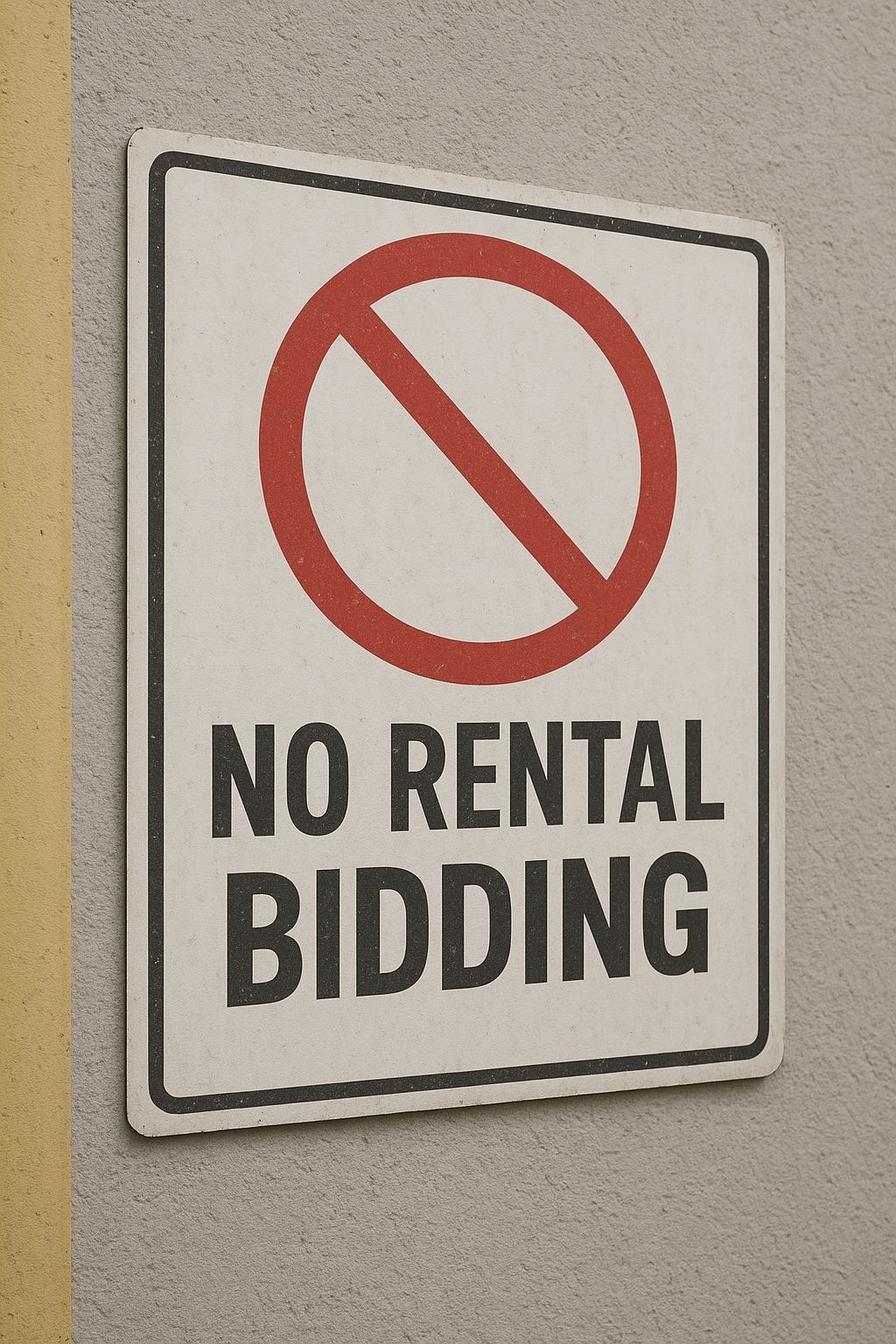The Government is introducing some of the most significant changes to the private rented sector (PRS) in decades. These reforms reshape how tenancies operate, how rent can be increased, and how landlords can regain possession of their properties. Below is a clear breakdown of what’s changing and when, so landlords, agents and tenants can start preparing.
1. Abolition of Section 21 “No-Fault” Evictions
From 1st May 2026, landlords will no longer be able to use Section 21 of the Housing Act 1988 to recover possession without a reason. Transitional rules will address any existing Section 21 notices, with cut-off dates and enforcement windows to be clarified in the commencement regulations. Landlords must review existing tenancy agreements and prepare for this major shift in possession law.
2. Assured Periodic Tenancies Become Standard
Most new and existing tenancies will convert to Assured Periodic Tenancies from 1st May 2026. Fixed-term tenancies will effectively disappear, giving tenants the right to remain indefinitely unless the landlord can rely on a valid Section 8 ground.
Tenant notice to leave: Tenants can end their tenancy by giving two months’ notice, expiring on the last day of a rental period. Landlords should update their tenancy templates and processes to reflect this new standard.

3. Reformed Section 8 Possession Grounds
With Section 21 gone, Section 8 grounds are being strengthened and modernised. Key updates include:
-
Enhanced grounds for selling or moving back into the property.
-
Stronger grounds for serious or persistent rent arrears.
-
Improved enforcement options for anti-social behaviour.
Landlords will now need to ensure documentation and evidence for possession cases are thorough, as these grounds will become the main route for recovering properties legally.
4. Section 13 Rent Increases Limited to Once Per Year
From 1st May 2026, rent increases will be limited to once every 12 months under the updated Section 13 procedure. Landlords must provide at least two months’ notice for any rent increase. This gives tenants stability and predictability while requiring landlords to plan rent adjustments more strategically.
5. Ban on Rental Bidding & Limits on Rent in Advance
The reforms will make it illegal for landlords and letting agents to:
-
Ask for or accept offers above the advertised rent.
-
Request more than one month’s rent in advance.
These changes, effective from 1st May 2026, aim to create a fairer rental market and reduce barriers for tenants. Landlords will need to update marketing, tenancy agreements, and payment processes to comply.

6. Ban on Certain Types of Rental Discrimination
It will be unlawful to discriminate against tenants or applicants because they:
-
Have children, or
-
Receive benefits.
“No DSS” or “No Children” policies, refusing viewings, or withholding information will no longer be permitted from 1st May 2026. Landlords should review application processes and ensure staff or agents are trained to comply.
7. Tenants’ Right to Request a Pet
Tenants will have a formal right to request permission to keep a pet. Landlords must:
-
Consider the request and respond within 28 days.
-
Provide valid reasons if refusing.
This rule comes into force on 1st May 2026, requiring landlords to review pet policies and lease agreements.

8. Stronger Enforcement, Larger Penalties, and Enhanced Rent Repayment Orders
From 1st May 2026, enforcement powers will expand:
-
Civil penalties will double.
-
Rent Repayment Orders will extend to superior landlords.
-
Repeat offenders face maximum penalties.
-
Local councils will have new investigatory and reporting powers (some effective from 27 December 2025).
Landlords must ensure compliance to avoid fines and reputational risks.
9. Government Guidance and Digital Possession System
The Government will support landlords with:
-
Guidance for Phase 1 and enforcement guidance for councils, published in November 2025.
-
Communications campaigns for landlords (Nov 2025) and tenants (April 2026).
-
A new digital end-to-end possession service, with the first release in 2026 and full service rolling out around 18 months after Royal Assent (27 October 2025).
Landlords should stay informed and be ready to integrate these digital processes into their management practices.
What This Means for Landlords
The reforms, coming 1st May 2026, represent a major shift toward tenant security, clearer rules, and more transparent renting practices. Landlords need to:
-
Review tenancy agreements.
-
Update rent policies.
-
Train staff and agents on discrimination, pets, and enforcement rules.
-
Prepare for a new digital possession system.
Understanding the changes now ensures landlords stay compliant and protect their investments.
Have questions about how these reforms will affect your properties or need tailored advice on staying compliant? The team at Newton & Co Lettings is here to help. Get in touch today to discuss your situation and ensure you’re fully prepared for the changes coming on 1st May 2026.








